Relationship Centered Training Skills for Reactive Dogs
Easy to teach, force-free, effective foundation skills that make a profound difference for reactive dogs.
Trainers around the world face the challenge of helping reactive dogs find a more comfortable way to be in the world. It is a complicated challenge that requires a trainer’s toolbox with a variety of techniques.
This course provides trainers with the Relationship Centered Training tools to make a difference in the lives of reactive dogs and their handlers while deepening the dog/handler relationship in a humane and effective approach.
Dogs and handlers both build skills that go far past CC/DS (counter-conditioning and desensitzation) to create new options of response and practical coping skills.
Each of these foundational RCT skills promotes improved handler observation skills, awareness of the dog’s thresholds, recognition of body language and behaviors that signal arousal shifts, and identification of training situation vs. management moments.
For the dog, these skills are based in volition and agency, with the benefits of self modulation, authentic relaxation, social interaction and clear communication carrying into real life application.
Additionally, each skill can be practiced using positively arousing stimuli to develop fluency prior to the presentation of triggering stimuli.
NOTE: This product is purchased through Thinkific. When you click to purchase, a new window will open for that site, where you will need to create an account or log-in to your existing Thinkific account to complete the purchase.
$395.00
Description
- Just don’t look at him
- Don’t look into her eyes
- Don’t try to touch him
- Let her warm up to you
- He doesn’t like hats/glasses/shoes/men/women/you
Five basic Relationship Centered Training techniques help create a solid foundation of skills that are invaluable in the resolution of many aggression cases. Including worksheets and tips for curriculum building this course is designed for the professional trainer.
While easily taught, each of these RCT techniques has profound and lasting effects on the dog/handler relationship.
- The Auto Check-In – (ACI) This foundation RCT skill focuses on voluntary attention even in the presence of triggering stimuli. Easy to teach, the ACI is ideal for building connection, and a must-have skill for any dog, but particularly for shy, fearful or reactive dog.
- Really Real Relaxation – Learn how to help create authentic relaxation for handler and dog. Volitional behavior, social modeling & the power of intrinsic reinforcement make Really Real Relaxation a powerful tool. Easily taught, RRR offers reactive dogs a way to make profound shifts in self-regulation.
- Attentive Cooperation – The thoughtful use of real life rewards, clear communication and consistent expectations helps dogs and handlers find their way to cooperation. Useful for teaching dogs self control, this technique helps rebalance the relationship in humane, effective, force-free ways.
- Go Say Hi 1-2-3 – This win-win technique is as suitable for the socially awkward dog as for the over-the-top exuberant greeter! The dog remains in connection with handler, learns self control, and receives the reward of social interaction plus rewards from handler for disengaging from the greeting. Structured greetings help reactive dogs successfully navigate social interactions with people.
- Go Hunt – A management tool that is ideal for reactive dogs, Go Hunt! uses social and sensory engagement to bring the dog’s full attention and focus to searching with the handler. Fun and easy to teach, Go Hunt! is surprisingly effective and practical in a wide range of situations.
Includes FIVE bonus webinars:
- Treat-Retreat: Help for the Socially Shy Dog
- Thresholds, Transitions and Triggers
- Quick Hit PAUSE: Using Controlled Set-ups for Reactive Dogs
- Introduction to CARAT
- RAT (Relationship Assessment Tool)
CEUs are available. CCPDT – 16 (for trainers, none available for behavior consultants), IAABC – 16, KPA – 16 and PPAB-16.
NOTE: This product is purchased through Thinkific. When you click to purchase, a new window will open for that site, where you will need to create an account or log-in to your existing Thinkific account to complete the purchase.
13 reviews for Relationship Centered Training Skills for Reactive Dogs
You must be logged in to post a review.

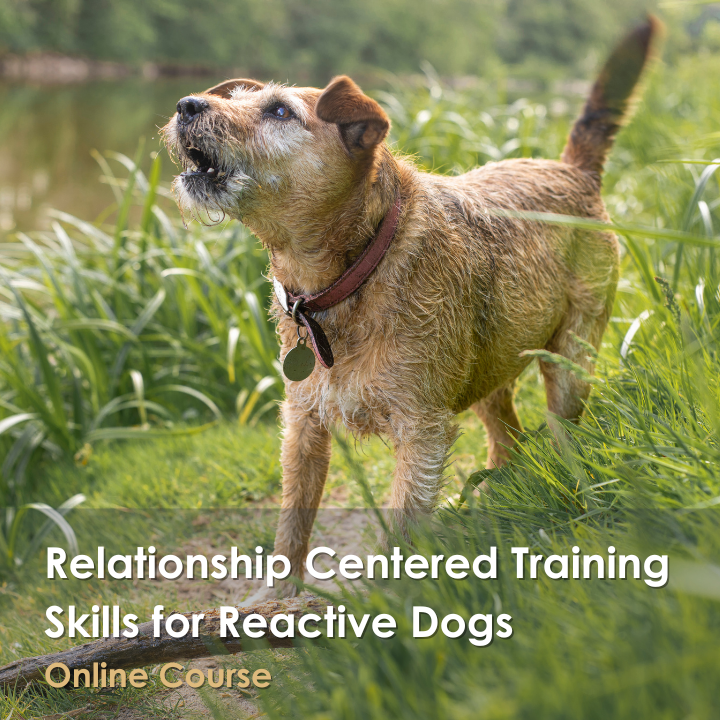
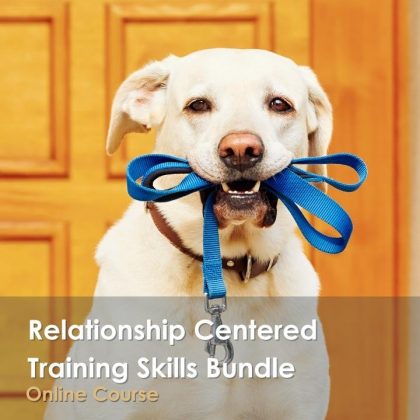
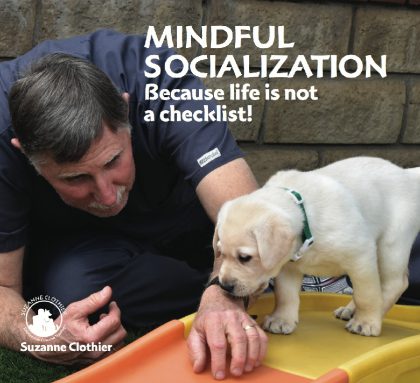

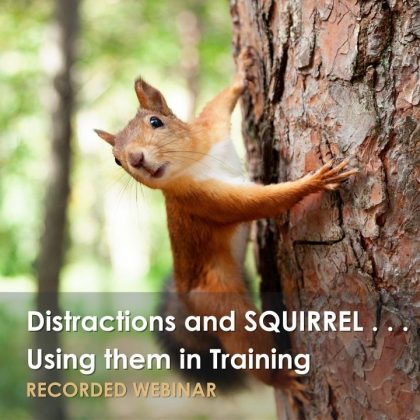
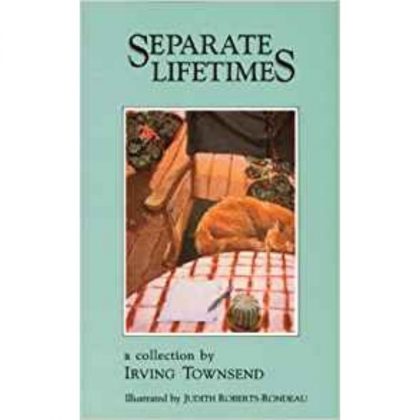
Kathi O’Malley –
RCT skills are amazing for any use, but they are skills that work amazingly for reactive dogs, so the title fits!
While I have been hanging around Suzanne for a good amount of years, I have always had reactive dogs of some type. The text in this course is well thought out and explained in ways anyone can understand and put to good use! (Can I also say I loved seeing “puppy” Cricket in the pictures???? Made me smile to remember our visit years ago!)
Beverly Oliver –
LOVED THIS COURSE! This course is exactly what I was looking for. There is so much helpful information provided to help out our reactive dogs and their handlers. The specific training techniques, spelled out in detail, are invaluable. In addition to all the training techniques. The bonus material is much more than I ever expected. Well worth the price and I am excited to put these principles & techniques into action with my clients and add to my class curriculum. Thank You!
Deborah Gabbert –
Essential & Imminently Practical – RCT Skills for Reactive Dogs is absolutely jam-packed full of learning for the serious student of the canine. Each module delivers layer upon layer of insight, inspiration and carefully crafted instruction. I will be harvesting gems from this program for many years to come.
Nicholas Garrison –
Great Material. Suzanne does a great job teaching how to work with a reactive dog and different methods to use. I love her material and teaching methods
Chantelle Beare –
Very useful and applicable even for the non-professional trainer.
Lots of helpful tips and ideas to help us with our adopted Australian Shepherd who is defensively aggressive and a little unsure of how to deal with the world at times. These techniques along with lots of patience are helping him to really blossom and it is very rewarding to see him relaxing and enjoying life. He was about 7 years old when we brought him home – it’s never too late to help!
Mary Perrego –
I cannot express enough how taking this course has given me protocols so that I can truly help my clients. A lot of dogs in my area will be getting much better help because of Suzanne. Thank you so much!
Silvia Redini –
Excellent as all of Suzanne’s courses!
Neil Wood –
The course bundle offers various modalities to work with dogs that are sensitive to different stimuli with the emphasis on the autonomy of the dog to choose how they interact and the importance of the handler respecting their decision. As always Suzanne’s empathy resonates throughout.
Gwen Grimm –
I liked that this course covered everything from what reactivity looks like and can mean, to teaching how to create a connection with the reactive dog and teaching it that it’s ok to relax and what that might look like as well. It covered tools that can be used to help a dog learn to be comfortable and when those might or might not be an option. It is always focused on the dog and how the dog is feeling, which I think sometimes gets lost in training, even though we all have the best of intentions. It was a lot of material, but very worthwhile to take the time to move through it all and to absorb it. I think this is material that is worthwhile for not only trainers, but owners of reactive dogs as well.
Noemi Tello-Botdorf –
RCT for Reactive Dogs PRO is the BEST w/ Suzanne!!!
I cherish Suzanne’s viewpoints on how to listen and structure training in a safe manner for the dog (and human). The details she provides are thoughtfully explained and hit a home run in my brain! I highly recommend this course. Every time I listen to the information, I gain more understanding. Suzanne is generous with her time answering questions during the course. The materials provided to share with clients are so helpful. I am such a huge fan of Suzanne.
Marcia Triggs –
Core Concepts for Reactive Dogs
Very educational, content presented very well. I learned a lot.
Patti Buchanan –
Great Course
Suzannes’ no nonsense and experience based approach to training is very helpful. I highly recommend anyone that lives with, or works with reactive dogs, to take the course experience another very helpful perspective. I thoroughly enjoyed the class.
Daniela Sandmann –
This is a great course with a wealth of knowledge. A lot of things make now more sense and I can’t wait to help these dogs out there.